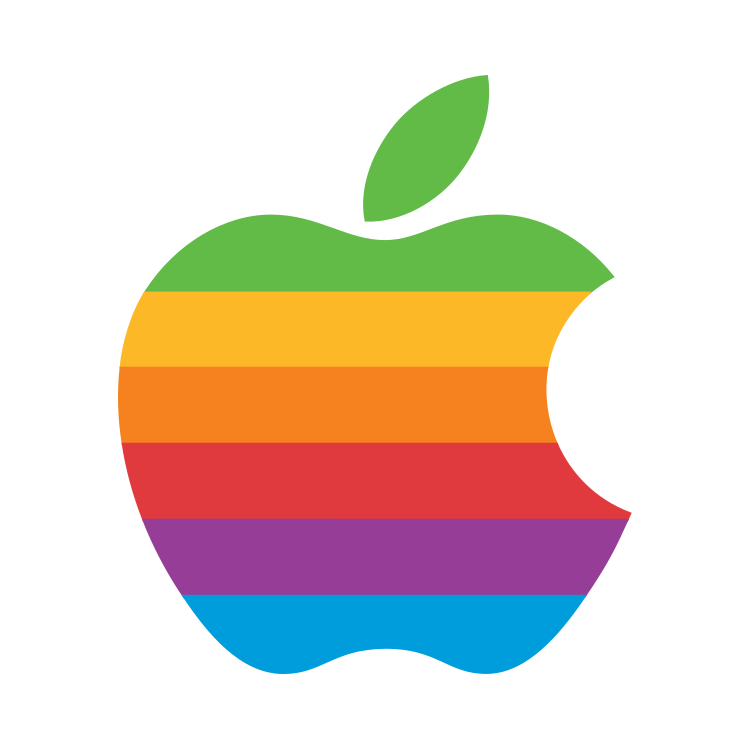

The thing is, even if the Sunbird app was properly implemented, it would still be a security nightmare because you are relaying people’s iMessage messages on random Mac minis. The messages have to exist in plain text on the server before it’s re-encrypted to be sent to the user. An attacker or malicious admin could easily find a way to log those messages. So no amount of due diligence by Nothing is really necessary here. The entire idea is bad.
But then, if Nothing or the Sunbird developers were actually competent to begin with they would probably have realized that this was a terrible idea and wouldn’t have gone down this path.
I wish it’s not a sponsored video as well but FWIW I looked hard into this half a year ago and decided that ASUS is probably still the best lineup in terms of being consumer friendly and privacy focused.
For example, eero requires an internet connection to use which to me is anti-privacy and very anti-Apple, which has usually focused on making their products workable without mandatory internet connections (e.g. no mandatory iCloud signins unlike Windows 11, etc).
ASUS routers also allow you to mix-and-match routers of different models for use in a mesh network whereas a lot of the other mesh routers require you to use only from the same lineup, which means you have to replace all your routers wholesale if you later on want to get new routers.
(I’m not sponsored by ASUS. Just summarizing what I concluded on when upgrading routers for my parents)